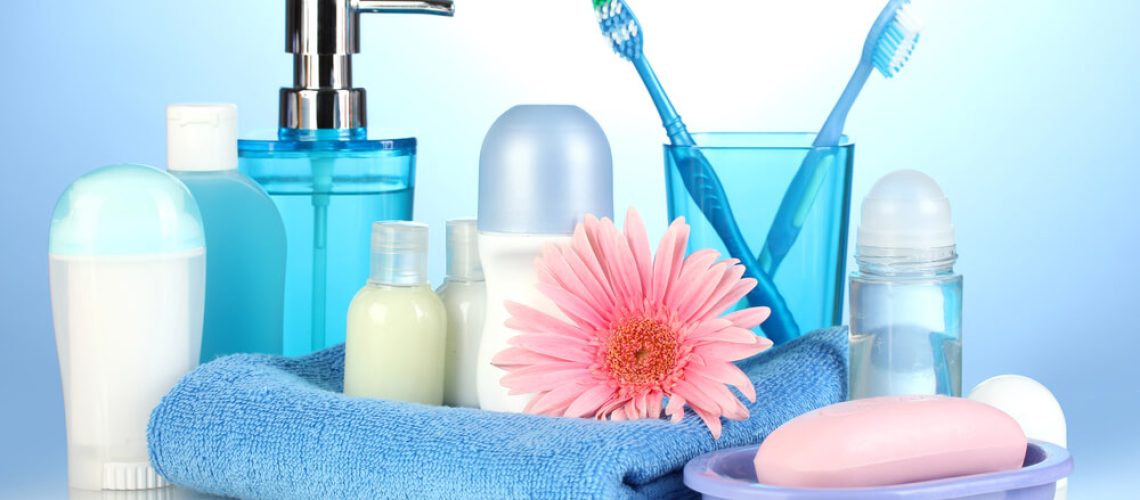Hygiene is more than just staying clean—it’s a crucial part of preventing illness, promoting wellness, and living a healthy life. From handwashing to personal grooming, good hygiene practices protect not only individuals but entire communities.
In today’s world, especially with heightened awareness of infectious diseases, maintaining proper hygiene has never been more important.
Why Hygiene Matters
Poor hygiene can lead to a wide range of health issues, including:
- Infections such as colds, flu, and foodborne illnesses
- Skin conditions like rashes, acne, or fungal infections
- Dental problems such as cavities and gum disease
- Chronic conditions becoming worse due to infection or poor wound care
Practicing good hygiene reduces the spread of germs, strengthens immunity, and helps people feel confident and respected in social environments.
Types of Hygiene and How to Maintain Them
1. Personal Hygiene
- Handwashing: Use soap and water for at least 20 seconds, especially after using the restroom, before eating, or after coughing/sneezing.
- Bathing: Regular bathing removes sweat, bacteria, and dead skin cells.
- Oral Care: Brush teeth twice daily and floss to prevent gum disease and bad breath.
- Nail Care: Keep nails trimmed and clean to avoid harboring bacteria.
2. Food Hygiene
- Wash fruits and vegetables thoroughly.
- Cook meat to the proper temperature.
- Store leftovers in airtight containers and refrigerate promptly.
3. Environmental Hygiene
- Keep living spaces clean and well-ventilated.
- Regularly disinfect commonly touched surfaces like doorknobs, phones, and countertops.
4. Menstrual Hygiene
- Change sanitary products regularly.
- Use clean, comfortable products appropriate for your body and flow.
- Practice proper disposal to prevent odor and infections.
Teaching Children About Hygiene
Good habits start early. Teach children:
- To wash their hands properly
- The importance of brushing teeth
- To keep their bodies and clothes clean
- Respect for shared spaces and hygiene in public areas
Hygiene in Healthcare Settings
In clinics and hospitals, hygiene protocols are critical to protect both patients and staff. This includes:
- Sterilizing instruments
- Using protective gear
- Maintaining clean wards and consultation rooms
Hygiene is a Lifestyle
It’s not a one-time action, but a daily commitment. Making hygiene a part of your routine leads to fewer sick days, better physical health, and increased confidence.


